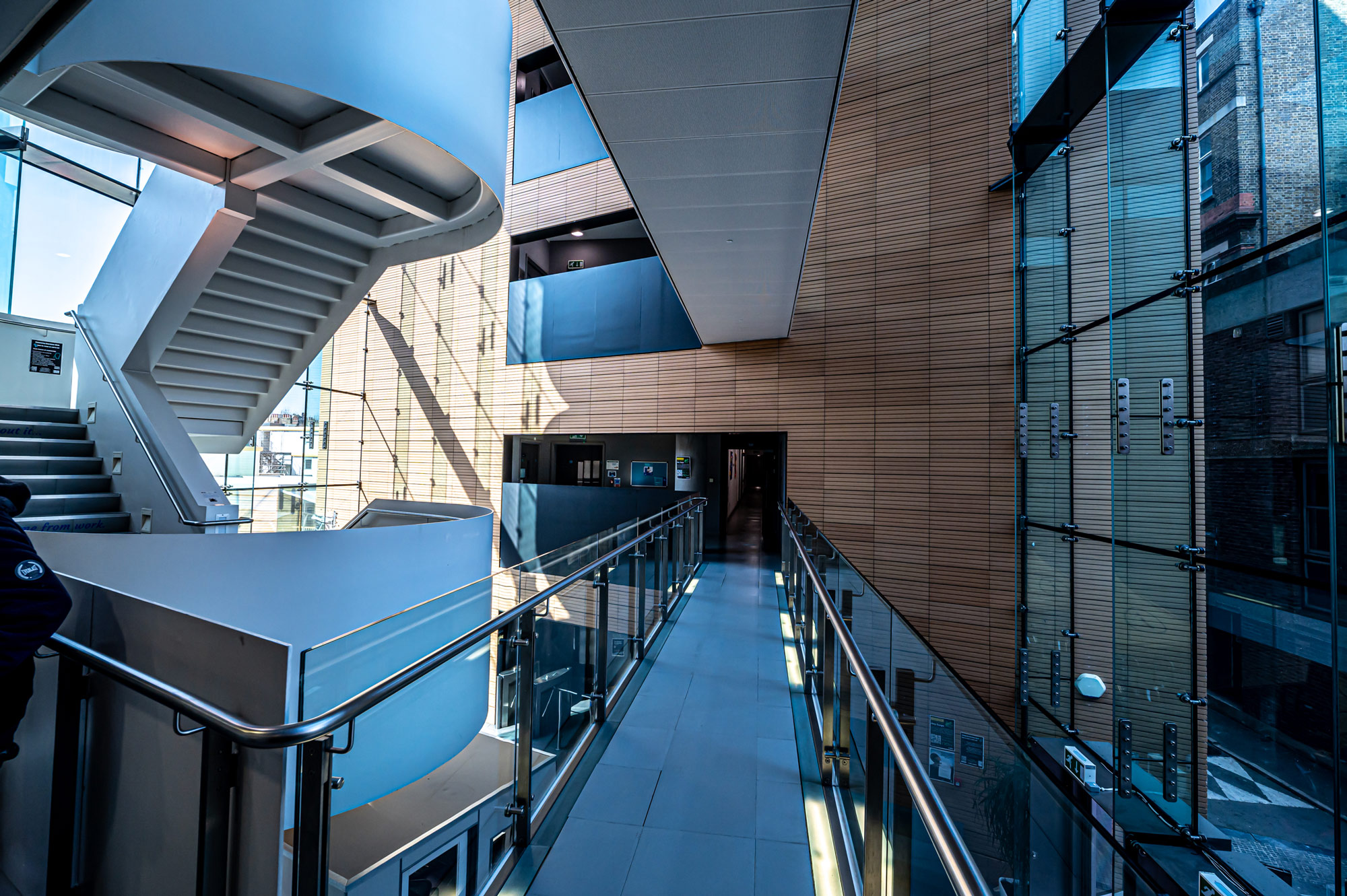24 Sep 2025 (Intake closed)
Apply by: 27 Aug 2025
Semester 1
24 Sep 2025, 08 Oct 2025, 22 Oct 2025, 05 Nov 2025, 19 Nov 2025, 03 Dec 2025, 28 Jan 2026, 11 Feb 2026, 25 Feb 2026, 11 Mar 2026, 25 Mar 2026
Course overview
This module enables the participant to achieve competence in the practice of radiographic reporting of the chest. The vast majority of the study element will be in the clinical environment working with a mentor. Participants will be operating within the healthcare environment and must have access to the prescribed clinical practice which must include acute and non-acute chest cases for review.
Aims of the module:
The aim of this module is to recognise the common pathologies encountered and to develop skills in Chest Reporting.
Available as a standalone module: Yes
Attendance
For attendance information, please see the top of this page. Please note, if the module is full or closed for the intake(s) this academic year, dates may not appear.
Typical intake(s): Semester 1
Venue: Southwark / Online
Career Benefits
This module is beneficial for the training and development of Reporting Radiographers. Professionals undertaking this module will be able to use their knowledge and skills to enhance the service they provide in accordance with their employer's policies. Completion of the module may be used as evidence to support career progression, to include musculoskeletal system reporting as part of an Advanced Practitioner role.
Assessment
Formative assessment:
Image interpretation tests and case study presentations are integrated into the module as scaffolding for the summative assessment.
Summative assessment:
CW1 - 3000 word essay or 20-minute podcast. Pass mark 50%.
Exam 1 - 2 day image interpretation test. Pass/Fail.
CW2 - Clinical portfolio.
Students will undertake monthly audits of reporting practice and by reflection and discussion with mentor, learn from any errors to improve accuracy over the module.
A log of cases should be recorded in this portfolio. A minimum of 1000 mixed cases must be recorded. This portfolio should demonstrate a consistency of at least 90% accuracy for at last 250 cases.
Learning Outcomes
Knowledge and understanding:
- Anatomy, physiology and pathology, normal radiographic appearance and abnormal appearance due to trauma and or pathological process that participants will apply an advanced level of understanding and evaluation to interpret conventional radiographs of the chest.
- Current and relevant legislation and national professional guidance that will impact clinical reporting practice and enable appropriate communicate of findings within in a multidisciplinary team setting
Intellectual Skills:
- Analyse the impact of pathologies, age, ethnicity, and gender, relative to patient presentation and critically evaluate mechanisms of injury and their seen or expected appearances.
- Building upon existing knowledge of how the quality of the radiographic examination can affect the accuracy of the report.
Practical Skills:
- Competently and autonomously provide clinical radiographic reports on conventional imaging of the chest and critically evaluate the accuracy of reports so that they conform with effective written communication and be able to discuss the radiological appearances of cases in both radiological and multidisciplinary team meetings
Transferable Skills:
- Appraise and incorporate the legislation and guidance in respect of professional practice and accountability and be able to critically reflect upon one’s own practice to maintain high standard of skill and adhere to relevant continuous professional development.
Accredited by




Funding
£2,585.00
Why Choose LSBU?
Our Central London facilities provide an ideal environment for clinical skills development and simulation learning. The skills laboratories and lecture rooms are equipped for teaching a variety of skills in a safe environment, allowing participants to develop high levels of competence and confidence under close supervision.
We offer programmes for all levels of healthcare staff. From study days and foundation degrees for staff working in bands 1-4, through to top-up degrees, specialist modules, Master's programmes and professional doctorates for a variety of healthcare professionals.
Undertaking CPD at LSBU means learning from experts with excellent knowledge and clinical skills in their area of speciality. Many of our academic staff hold joint posts between LSBU and some of London's most prestigious hospitals and healthcare services.

Course details
Course leader
James Hoare (hoarej2@lsbu.ac.uk)
Course delivery
Onsite and online
Downloads
Prerequisites
- A degree or diploma in diagnostic radiography.
- Currently working in areas where appropriate experience of reporting images can be obtained. Normally they should have had a minimum of the equivalent of two years' full time experience in general radiography within the last five years.
- It will be a requirement for the student to provide written agreement from their Radiology Department, indicating that the necessary experience required is available to achieve the competences which these modules address.
- If English is not the first language, students must have an IELTS average score of 7.0 on entry into the course. No individual elements should be below 7.0.

Make an enquiry
Make an enquiry

